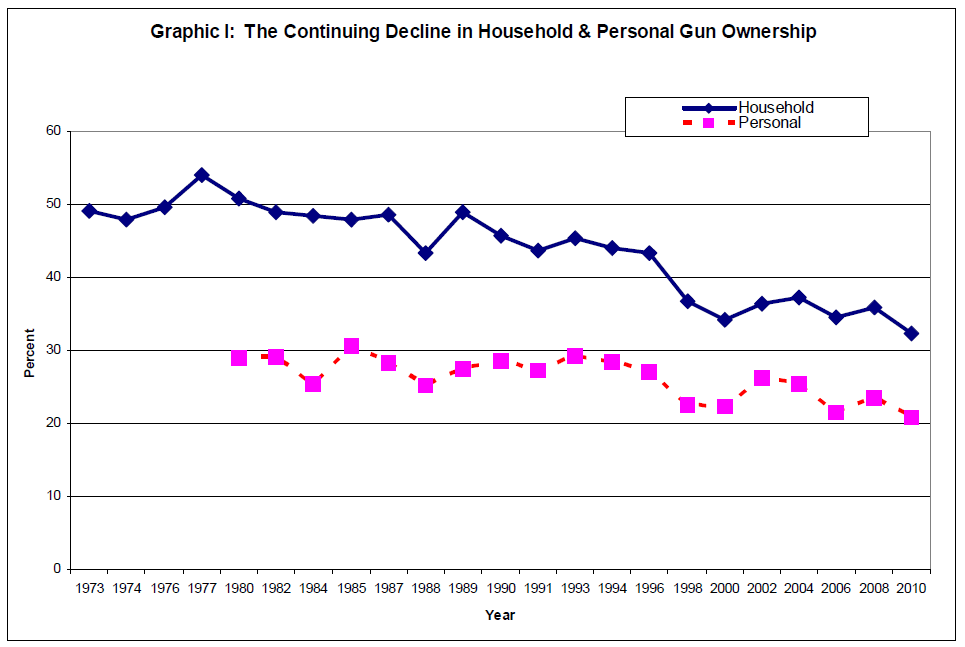Gun-sale boy is a real pistol
Last Updated: 2:07 AM, April 30, 2011
Posted: 2:01 AM, April 30, 2011
Like father, like son.
An 8-year-old Queens boy who brought his dad's illegal, loaded 9mm handgun to school and sold it to a classmate for $3.50 was arrested and faces weapons-possession charges with his father, police said yesterday.
"It just underscored the scourge of guns that we see," Police Commissioner Ray Kelly said.
"The 8-year-old boy has been arrested . . . Here you have a young boy who sees a gun in his house, and sells it."
Kelly said the unregistered 9mm owned by the boy's dad, Ignacio Galvan, 54, "was on top of the refrigerator" in their Flushing home when the boy spotted it and took it.
The child then brought the gun Thursday to PS 107, where he attends the third grade.
There he agreed to sell the gun with the serial number scratched out to another boy in his grade, according to the other boy's mom.
"He thought he was purchasing a toy. He gave the kid [the money] at the beginning of the day," said the mom, who asked that her name be withheld.
Later in the day, Galvan's child "took the gun out of his backpack and put it in my son's backpack," the mom said.
When the young buyer went home Thursday, he said, " 'Mom, I think it's real.' He pulled it out and hands it to me. Oh, my God! I could see it's a 9mm. I was flipping out," the mom said.
She said she went to PS 107 with her son and the gun and informed a school official, who called cops.
Kelly said the gun contained three live rounds, and another live round was found on the floor at the school.
"My son is traumatized," the mom said. "He was hysterical, crying, thinking he's going to jail."
Her son was suspended from school.
When Galvan was arrested, he told police he had bought the gun from a friend for about $350, prosecutor Richard Gioardano said.
"I can't belive my son took it to school. I just thank God no one was hurt," Galvan allegedly told cops, according to Gioardano.
Galvan, who faces charges of weapons possession, reckless endangerment and child endangerment, pleaded guilty in 2002 to misdemeanor criminal possession of a forged instrument for having a fake green card.
He was remanded on $3,000 bail and is due back in court on June 3.
His attorney George Welsh said Galvan is cooperating with the police.
Meanwhile, his son, who faces weapons charges, may appear Monday in Queens Family Court.
Additional reporting by Erin Calabrese and Kevin Sheehan
lorena.mongelli@nypost.com
http://www.nypost.com/f/print/news/local/queens/gun_sale_boy_is_real_pistol_kupe8wBzKFQoJy5tYGdAzJ
An 8-year-old Queens boy who brought his dad's illegal, loaded 9mm handgun to school and sold it to a classmate for $3.50 was arrested and faces weapons-possession charges with his father, police said yesterday.
"It just underscored the scourge of guns that we see," Police Commissioner Ray Kelly said.
"The 8-year-old boy has been arrested . . . Here you have a young boy who sees a gun in his house, and sells it."
Kelly said the unregistered 9mm owned by the boy's dad, Ignacio Galvan, 54, "was on top of the refrigerator" in their Flushing home when the boy spotted it and took it.
The child then brought the gun Thursday to PS 107, where he attends the third grade.
There he agreed to sell the gun with the serial number scratched out to another boy in his grade, according to the other boy's mom.
"He thought he was purchasing a toy. He gave the kid [the money] at the beginning of the day," said the mom, who asked that her name be withheld.
Later in the day, Galvan's child "took the gun out of his backpack and put it in my son's backpack," the mom said.
When the young buyer went home Thursday, he said, " 'Mom, I think it's real.' He pulled it out and hands it to me. Oh, my God! I could see it's a 9mm. I was flipping out," the mom said.
She said she went to PS 107 with her son and the gun and informed a school official, who called cops.
Kelly said the gun contained three live rounds, and another live round was found on the floor at the school.
"My son is traumatized," the mom said. "He was hysterical, crying, thinking he's going to jail."
Her son was suspended from school.
When Galvan was arrested, he told police he had bought the gun from a friend for about $350, prosecutor Richard Gioardano said.
"I can't belive my son took it to school. I just thank God no one was hurt," Galvan allegedly told cops, according to Gioardano.
Galvan, who faces charges of weapons possession, reckless endangerment and child endangerment, pleaded guilty in 2002 to misdemeanor criminal possession of a forged instrument for having a fake green card.
He was remanded on $3,000 bail and is due back in court on June 3.
His attorney George Welsh said Galvan is cooperating with the police.
Meanwhile, his son, who faces weapons charges, may appear Monday in Queens Family Court.
Additional reporting by Erin Calabrese and Kevin Sheehan
lorena.mongelli@nypost.com
http://www.nypost.com/f/print/news/local/queens/gun_sale_boy_is_real_pistol_kupe8wBzKFQoJy5tYGdAzJ

